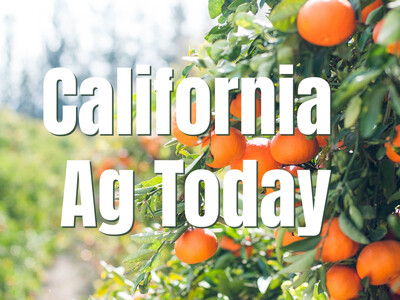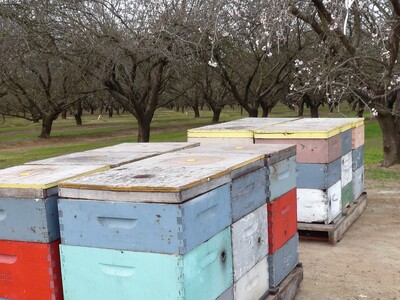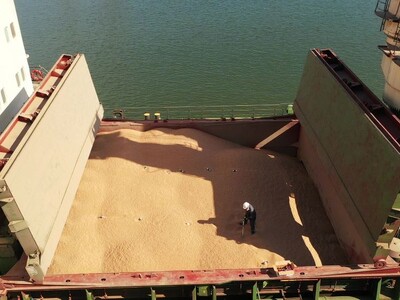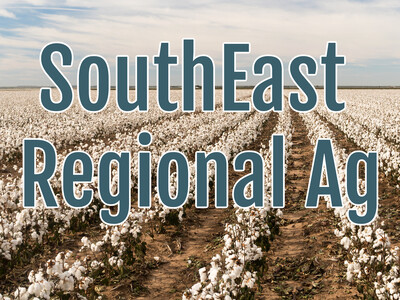Precision Farm Grant
CHS Foundation Gift Supports U of I Efforts to Expand Precision Agriculture Education.The University of Idaho plans to create a precision agriculture education certificate program and offer a workshop this summer to help high school teachers include new developments in their classes. The new program expands on recent College of agriculture and life sciences efforts to help Idaho's farmers and ranchers operate more efficiently improve healed and better protect the environment through precision agriculture.
The CHS foundation boosted the precision agriculture certificate program with a $272,676 gift announced Wednesday to fund expanded college classes and the summer workshop the foundation donated a total of $1 million nationwide and is funded by gifts from CHS the nations largest farmer owned cooperative.
We believe precision agriculture and diversity and inclusion are two of the most pressing issues facing the future of agriculture CHS foundation president Nanci Lilja said. The agriculture industry needs to be innovative in the way that we attract talent and how we evolve our agronomic practices for the future. These seven colleges and universities are delivering on those innovations and have unique approaches to reaching the next generation of agricultural leaders. The new certificate program will include five new or revised college classes to help students become professionals who better understand the technology applications and benefits of precision agriculture. The college plans to submit the program to the Idaho State board of education for approval this spring.
Our interest in precision agriculture reflects its use by our research is, request from steak holders to University of Idaho extension professionals and our students need to graduate work place ready said Jody Johnson-Maynard department of soil and water systems head.
While the new U of I precision agriculture certificate program will be available to students in all majors, the majority of students are expected to come from six different departments. Nearly 600 students in those disciplines are studying in areas specifically addressed by the new classes. The project is expected to include 11 high school agricultural teachers in the initial phase. The project aims to offer certification for both online and on campus students. Certificate holders will be able to install, set up, operate, analyze and troubleshoot precision agriculture systems needed for profitable and sustainable food production systems.













